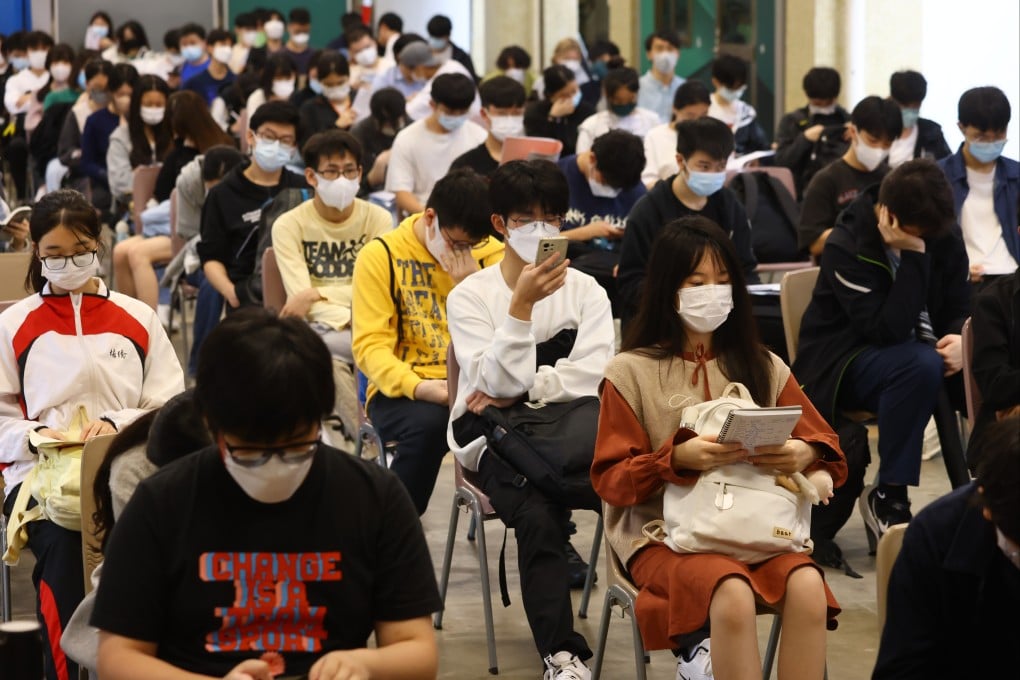Advertisement
Letters | Why calls for reform of ‘difficult’ Hong Kong DSE exams are valid
- Readers discuss the ways the Hong Kong exam authority could improve its marking scheme, the cause of ethnic minorities’ marginalisation, heartwarming support for the elderly, and the proposal to install security cameras in schools
Reading Time:4 minutes
Why you can trust SCMP
0

Feel strongly about these letters, or any other aspects of the news? Share your views by emailing us your Letter to the Editor at letters@scmp.com or filling in this Google form. Submissions should not exceed 400 words, and must include your full name and address, plus a phone number for verification.
The blame game is often played over exam results in Hong Kong, with fingers pointed at students and teachers. But let’s set things straight: if anyone’s to blame, it’s the Hong Kong Examinations and Assessment Authority (HKEAA).
Earlier this year, the exam authority sparked widespread discontent with its difficult English paper in the Diploma of Secondary Education exam. Former US first lady Michelle Obama, whose writing was used in the reading comprehension section, became the target of misdirected frustration when some students left angry comments on her Instagram page.
This was not the first time the HKEAA was in the limelight for its tough papers. In 2018, Taiwanese writer Lin Daiman, whose work was quoted in the Chinese paper, sparked amusement and angst when she quipped on Facebook: “I would not know how to answer many of these questions myself … If I were a candidate, I’d probably have scraped by with a low score, haha.”
If Lin herself could not answer the questions, how could students be expected to?
The HKEAA provides a guide to markers on how marks should be awarded, known as a marking scheme, and stresses that the sample answers in this document are not model answers. It says on its website that answers “not covered by the marking scheme could also score marks if they are relevant to the question and logically presented”.
Advertisement